Discover Hadrian's Wall - West to East
-
In what direction should you walk the Hadrian's Wall?
The honest truth is that there is no right or wrong way to walk the Hadrian's Wall Path - it really comes down to personal preference but it can often be a bit of a hot topic! Below are the most commonly known reasons why people opt to walk in a particular way:
East to West – most popular (Wallsend to Bowness-on-Solway)
- The Romans built the wall from east to west, starting at the North Sea and going to the Irish Sea, so many walkers do it this way as it gives the sense of you are following the same path that the Roman soldiers did when they constructed it
- There are some great museums - Great Hancock and Segedunum Fort - in Newcastle that give a wonderful context to the history and culture of the walk before you start (as opposed to finish).
- Easier connections to Newcastle from Airports/train stations at the start (so if you have a long flight for example, you don't need to make your way to Bowness-on-Solway in the evening or potentially spend an extra night in Newcastle). it's also argued that it's nicer to walk out of a big industrial city into the fresh air of the countryside as opposed to finishing in it.
West to East (Bowness-on-Solway to Wallsend)
- The main reason for walking it west to east is that the prevailing winds in Northern England generally blow from the Atlantic (west to east), meaning you will have the wind at your back for most of the journey, which of course makes things a little easier.
- Taking the wind factor out of things, the trail is considered slightly easier to walk west to east as the terrain is slightly less steep and heads downward.
![In what direction should you walk the Hadrian's Wall?]()
-
Why book your Hadrian's Wall trip with Macs Adventure?
Macs Adventure has been running self-guided walking holidays on the Hadrian's Wall Path since 2005. Our second-ever trip, Hadrian's Wall Path was an obvious choice. Not long opened in 2003 it gave people a chance to walk alongside history, through some beautiful landscapes and we just knew that our customers would love it. We now send over 1500 walkers along Hadrian's Wall every year and have over 500 Reviews to back up how much work we put in to ensure every single customer has a great experience.
We offer many variations of Hadrian's Wall including options to walk it east to west or west to east, multiple itineraries to suit all different levels of ability, including the full trail for the purists, the "best of "experience for those looking to see the best bits with the wall still intact and even a short break for those looking to visit over a long weekend.
On the trail, we use high-quality digital mapping and detailed route notes within our Macs app, so that you can be sure you never get lost! All our tours, see you stay in comfortable, friendly overnight accommodations in local B&Bs and guesthouses. We carry your bags to lighten your load so you can concentrate on simply putting one foot in front of the other and enjoying the unique culture, food and scenery of Northern England. You can book with confidence that we have it all covered for you.
We love Hadrian's Wall Path and our main aim is to make sure that you do too.
![Why book your Hadrian's Wall trip with Macs Adventure?]()
-
Essential Hadrian's Wall Facts
How Long? When? The most essential facts about the wall would be how long it is and when was it built. The 73-mile-long wall was constructed in 117AD by Emperor Hadrian, to separate the Roman Empire from the northern Barbarians. In its glory, the wall was around 15 feet high and 10 feet wide.
Who actually built it? It took around 15,000 men over six years to build the wall. There were three main Roman garrisons stationed in England and Wales and all of these men were put to work building the wall. Hadrian himself had a keen interest in architecture and is thought to have designed it. At Chesters, you can see the names of the centurions who actually built the wall, carved into stone tablets.
How much of the wall still exists? Only around 10% of the original wall still remains. While much of the land is still shaped to accommodate the wall, the stone itself was re-purposed or buried after the wall was abandoned. Many local buildings are said to be built from the stone from Hadrian's Wall.
Is this the border between Scotland and England? No, it never was. It marked the border of the Roman Empire before they headed further north and created the Antonine Wall, before retreating back to the more secure Hadrian's Wall. Most of Northumberland, England's largest county, is north of the wall, so the wall definitely does not indicate the border.
![Essential Hadrian's Wall Facts]()
-
Top Tips for Hadrian's Wall Path
Take a Break - Especially if you are there for a good slice of history, taking a break on the walk is essential. This will give you more time to explore one of the museums on the route. An extra night in Once Brewed, for instance, will let you have more time at Housesteads. For more information, take a look at our blog - 6 best Historical Sites on Hadrian's Wall Path for some inspiration.
Preserve the History - Oh, it is tempting, to walk along the top of the wall, to do a little dance on it for your trip video. However, the wall is pretty old and needs a bit of TLC so being on the wall is frowned upon. Also, walking over lumps and bumps in the ground should be avoided where possible as there could be archaeological goodies waiting to be found. You wouldn't want to be unknowingly crushing some poor foot soldiers' amphora!
Make sure you have the right gear - Take a look at our Hadrian's Wall equipment blog for more details – as this can make a big difference to how enjoyable you find the walk. For this particular walk, its all about the boots. Make sure you have comfortable, waterproof boots with a couple of pairs of good walking socks.
Meet the locals. - Quite often the B&B owners and locals are the best people to speak to about ideas for alternative routes, places to see, lunch stops etc. This local knowledge can really help make your walk go as smoothly as possible.
![Top Tips for Hadrian's Wall Path]()
-
Download our Free Hadrian's Wall Path Guide
Thinking of walking Hadrian's Wall Path, but don't know where to start?
Macs Adventure to the rescue! Simply download our Free 14-page Hadrian's Wall Path guide from the link below to read on your phone, tablet or good old printed page.
![Download our Free Hadrian's Wall Path Guide]()













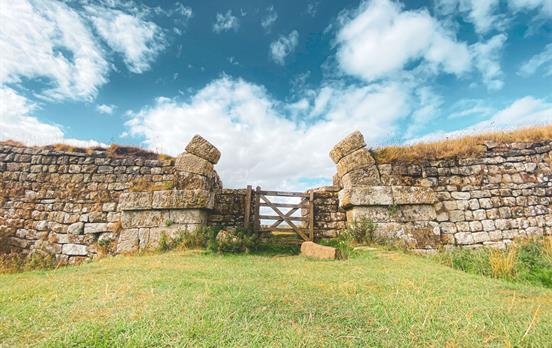

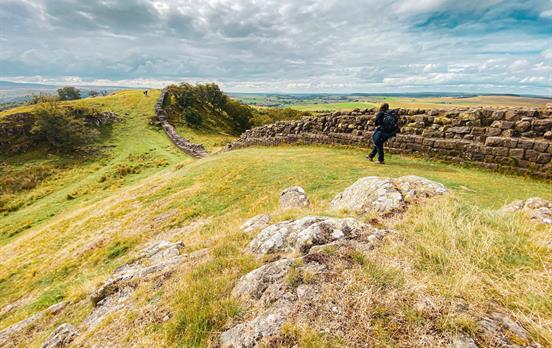
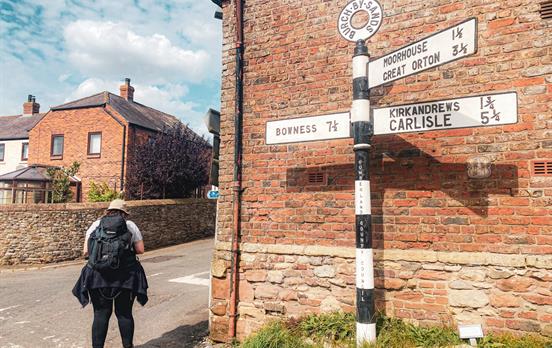
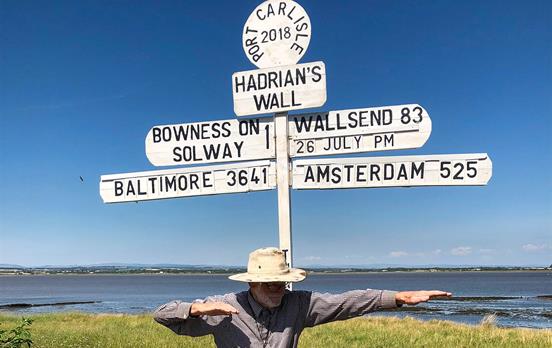



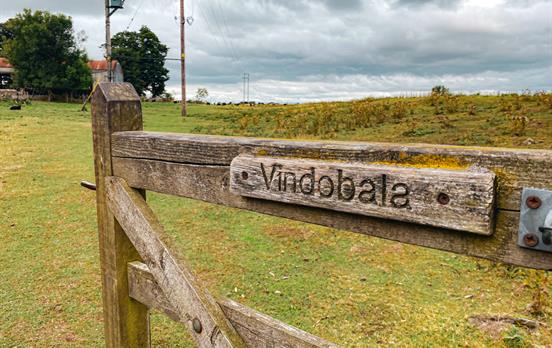
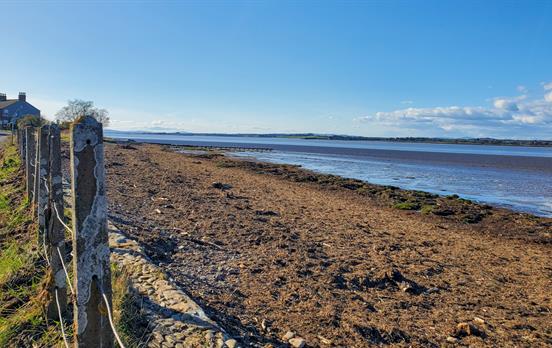



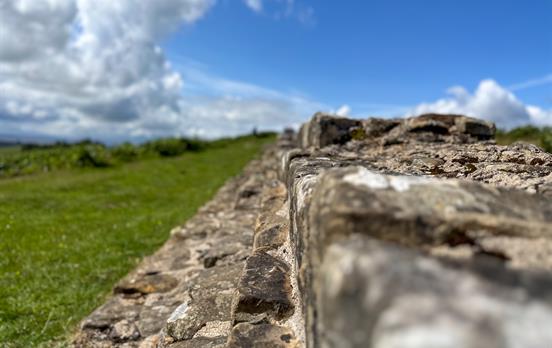
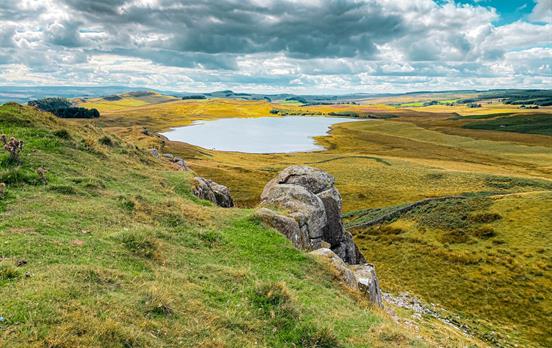
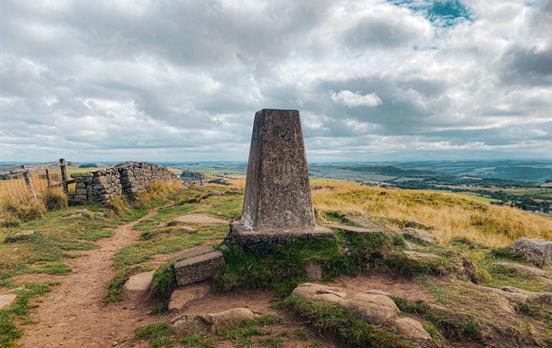


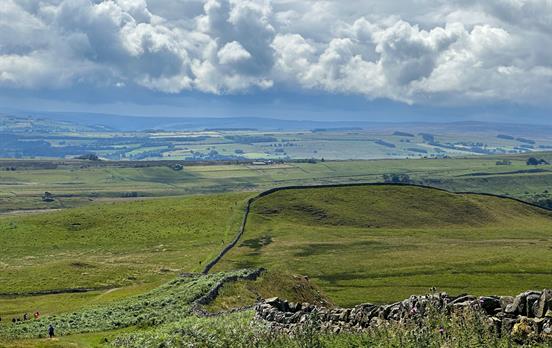
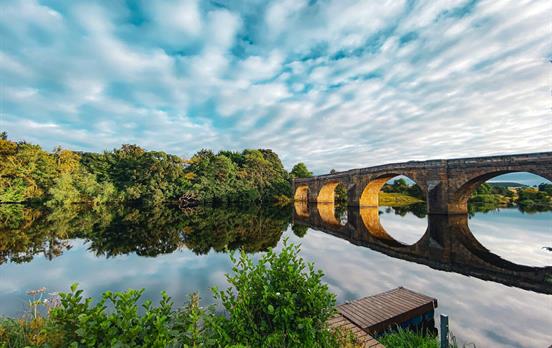
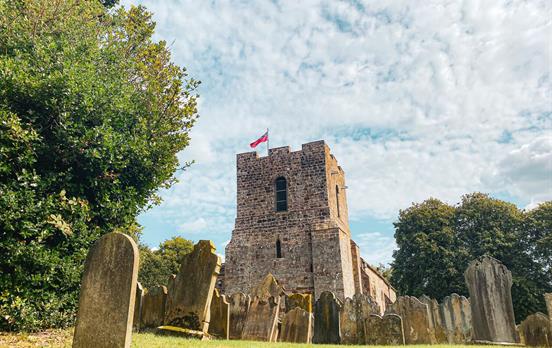
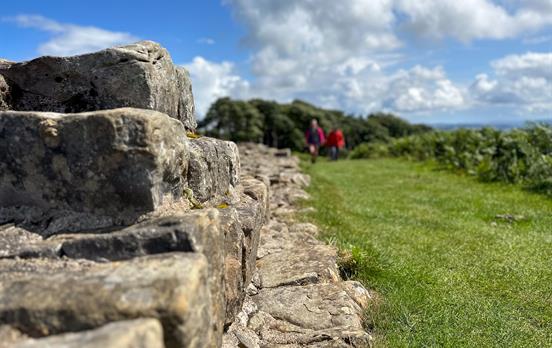
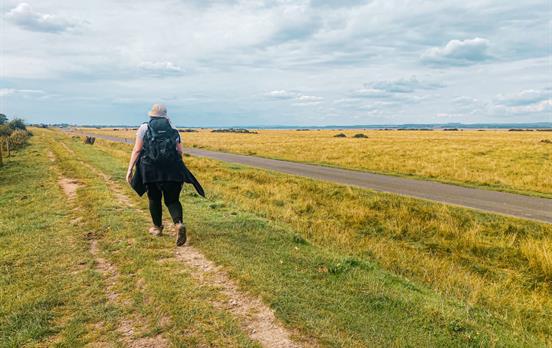
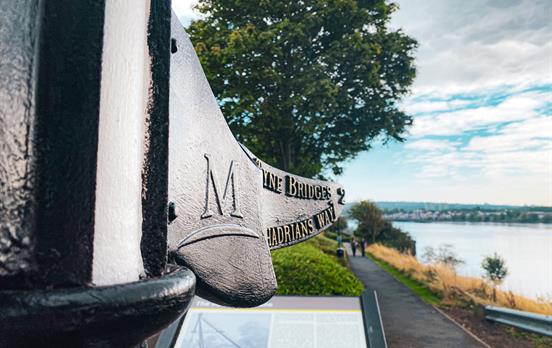
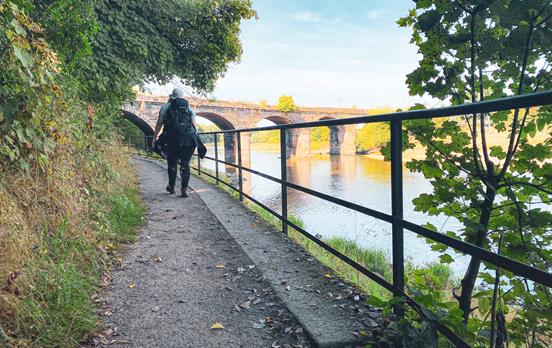
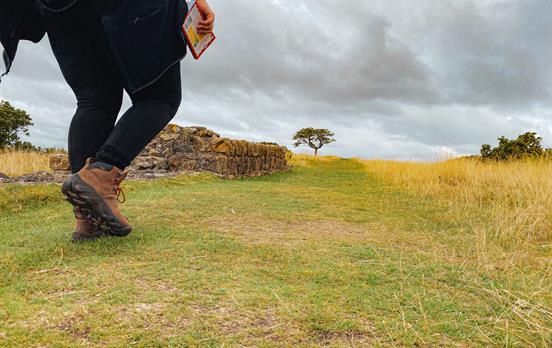
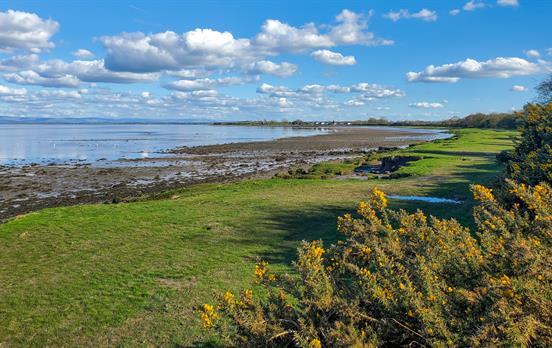
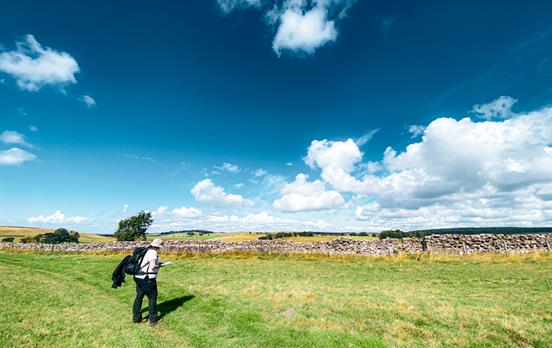
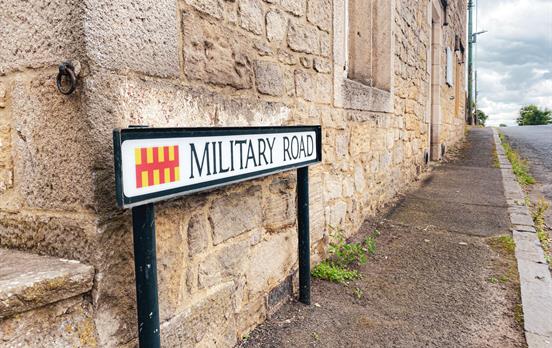
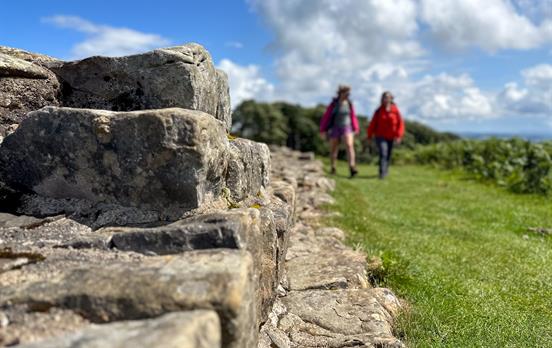



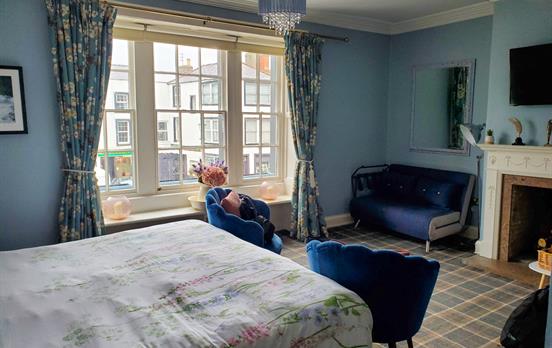
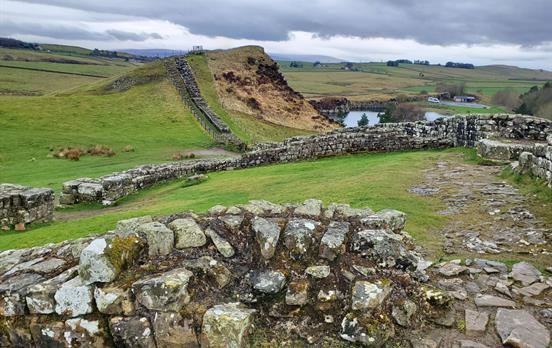
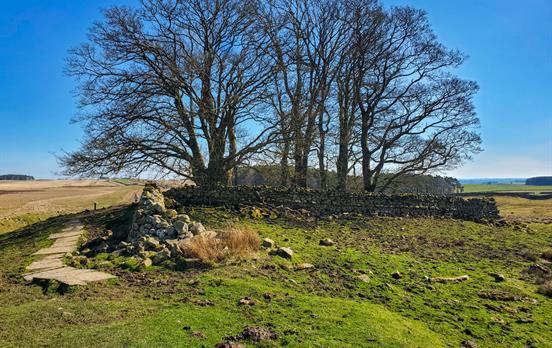

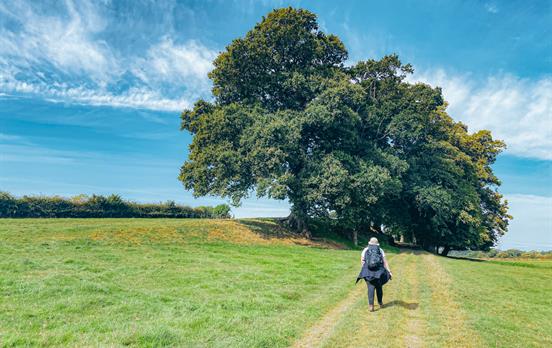


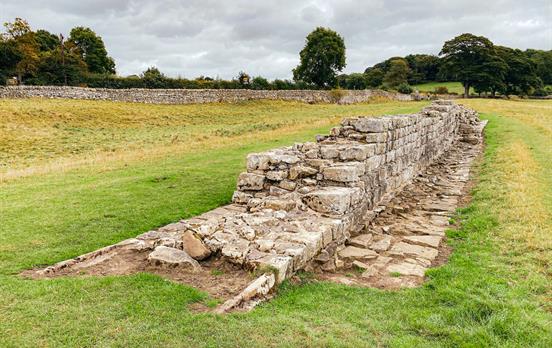

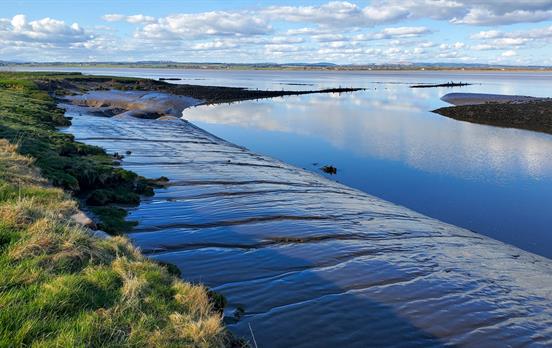
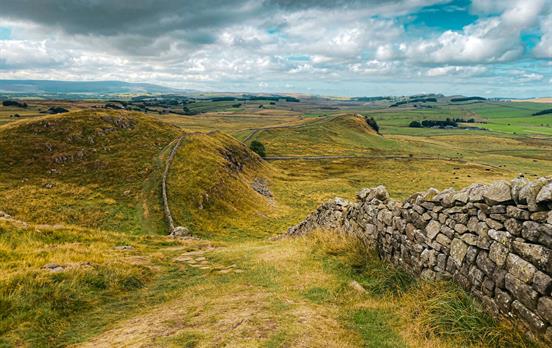

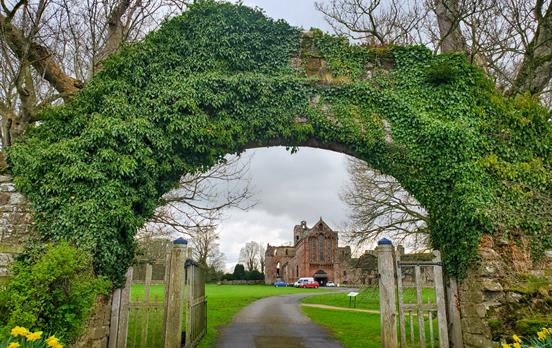
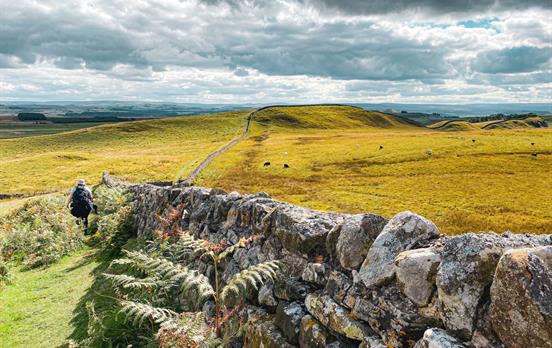
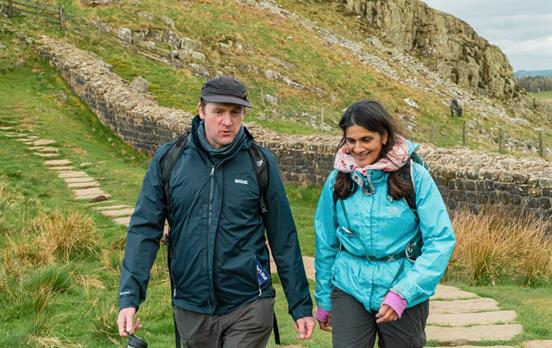
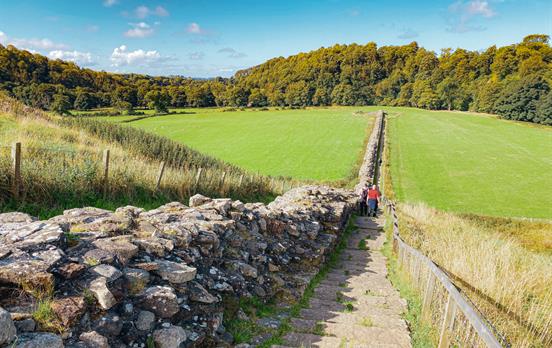
















 Australia
Australia New Zealand
New Zealand South Africa
South Africa European Union
European Union